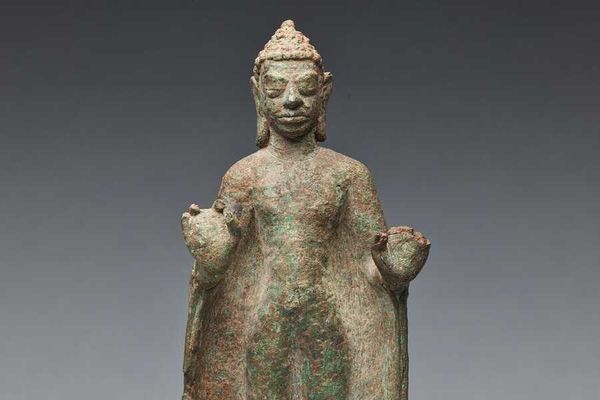If you go to Google today, you'll notice that its logo has been blacked out.
If you go to Wikipedia, you'll see a headline that reads "Imagine a World Without Free Knowledge," followed by the following text:
"For over a decade, we have spent millions of hours building the largest encyclopedia in human history. Right now, the U.S. Congress is considering legislation that could fatally damage the free and open Internet. For 24 hours, to raise awareness, we are blacking out Wikipedia."
The reason for these actions by Google, Wikipedia, and other major web-based companies is a pair of bills currently being considered by both houses of the U.S. Congress. They are best-known by their acronyms, SOPA and PIPA.
The Stop Online Piracy Act (SOPA) is a bill working its way through the House of Representatives. If it were to become law, it would expand the authority of federal authorities and copyright holders to prevent others from stealing or otherwise exploiting their intellectual property.
Under the bill's provisions, the Justice Department, or copyright holders themselves, could seek court orders against websites in various ways, including preventing search engines from linking to sites accused of enabling copyright infringement, and forcing ISPs to block access to those sites.
The bill also would criminalize the unauthorized streaming of copyrighted content a crime with penalties including up to five years in prison.
The Protect IP Act (PIPA) is a U.S. Senate bill that is similar to SOPA in that it seeks to give federal authorities and copyright holders greater ability to suppress "rogue websites" that infringe on intellectual property rights, especially by those not registered in the U.S.
Those supporting the bills, both Republicans and Democrats, say they will strengthen the enforcement of copyright laws, which are often allegedly violated online, especially by foreign companies.
Opponents of these bills charge that their provisions violate the First Amendment, and amount to censorship in ways that will suppress the basic spirit that drives innovation on the Internet.
Here is some of what Google has posted on its own blog about the bills under the headline, "Don't censor the web."
"We’re censoring our homepage logo and asking you to petition Congress." So what’s the big deal?
"Right now in Washington D.C., Congress is considering two bills that would censor the web and impose burdensome regulations on American businesses."
"These bills would grant new powers to law enforcement to filter the Internet and block access to tools to get around those filters. We know from experience that these powers are on the wish list of oppressive regimes throughout the world. SOPA and PIPA also eliminate due process. They provide incentives for American companies to shut down, block access to and stop servicing U.S. and foreign websites that copyright and trademark owners allege are illegal without any due process or ability of a wrongfully targeted website to seek restitution."
"These bills wouldn’t get rid of pirate sites. Pirate sites would just change their addresses in order to continue their criminal activities. There are better ways to address piracy than to ask U.S. companies to censor the Internet. The foreign rogue sites are in it for the money, and we believe the best way to shut them down is to cut off their sources of funding."
What do you guys think about SOPA and PIPA? Tell us in the comments below.





















